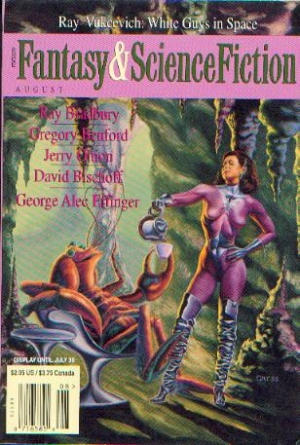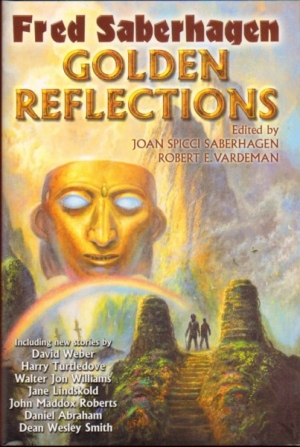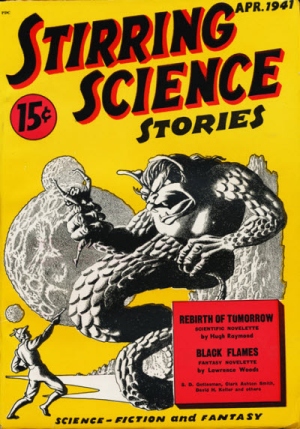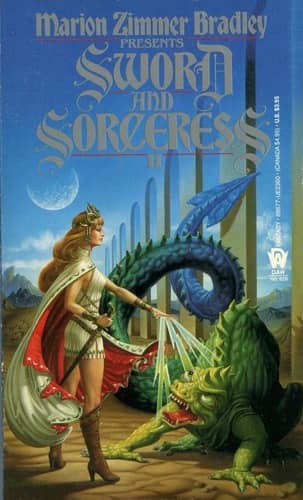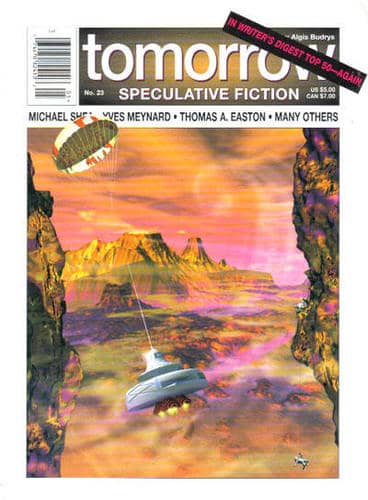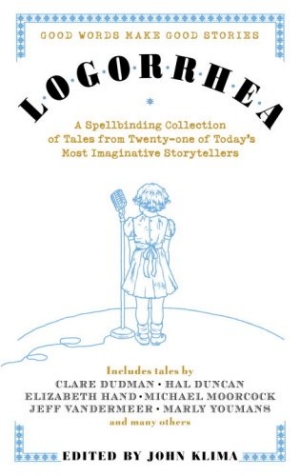Birthday Reviews: Zoran Živković’s “The Whisper”
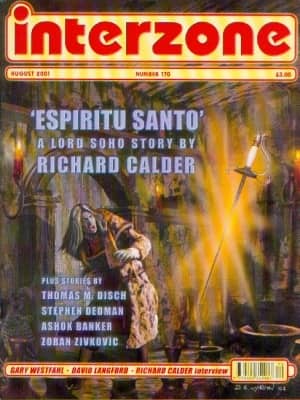
Zoran Živković was born on October 5, 1948.
Živković is a Serbian author whose works have been translated into English. His story “The Library” won the World Fantasy Award for Best Novella in 2003 and his 2008 novella Twelve Collections & the Teashop was a nominee for the Shirley Jackson Award. In addition to his own writing, Živković has translated science fiction from English into Serbian, published the Polaris imprint, and has won the Miloš Crnjanski Award, the Isidora Sekulić Award, the Stefan Mitrov Ljubiša Award, the Art-Anima Award, the Stanislaw Lem Award, and the Golden Dragon Award.
Živković’s story “The Whisper” first appeared in English in issue #170 of Interzone, edited by David Pringle and published in August 2001, followed by the subsequent stories in the same sequence over the following six months. The story as included in Živković’s 2006 collection Impossible Stories as well as his fix-up novel in the same year, Seven Touches of Music, which had been published in Serbian in 2001 as Sedam dodira muzike.
“The Whisper” is a short story that opens Zoran Živković’s fix-up novel Seven Touches of Music. It is set in Dr. Martin’s classroom for children on the autistic spectrum, where Martin tries to find ways to engage his students. Martin feels like he is fighting a losing battle since the students are all non-communicative to various extents. One of the ways Martin tries to teach the students is by having them draw, but their responses range from drawings which they destroy before he can see them to intricate patterns to random scribbles.
When Martin introduces music to the drawing sessions, it seems to influence one of the boys in the class. Martin begins to experiment with types of music to see if other music will repeat the influence or cause other outcomes. His experiments are inconclusive, but lead him to think he may be on the right track if he can just figure out how and why the music is having the impact he sees.
